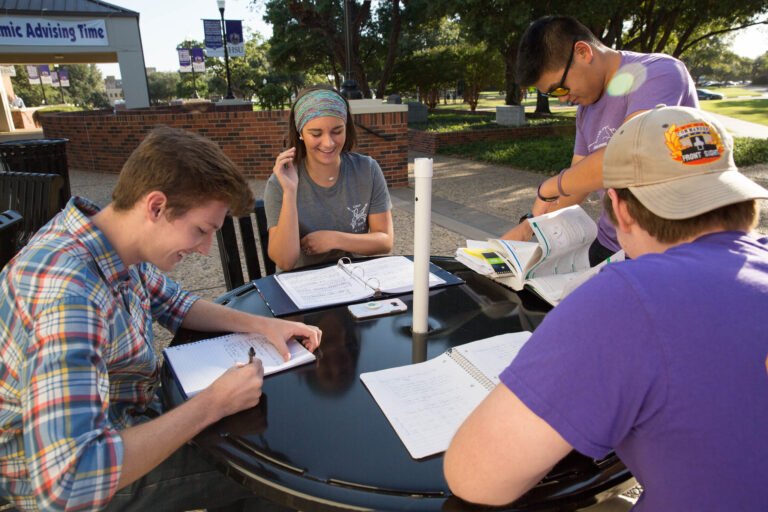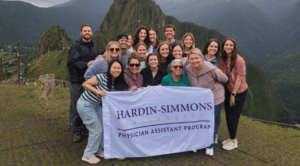Peer Mentor Program Plays Rewarding Role

Peer mentors play an integral role in helping new students make the transition from high school to college. This year, Hardin-Simmons University has increased the number of First Year Seminars from a mere handful to 23, which has allowed more students to step into the role of mentor.
Peer mentors are there to connect with the students, provide them with helpful resources and fulfill the needs of the instructor. The program has proved successful so far and has, in some ways, exceeded expectations. These students are only required to put in five hours a week, yet Megan Baldree, associate dean of students, praises them for putting in more hours than necessary.
“They put in a significant amount of face-to-face contact with students, which has been impressive,” Baldree said.
In addition, some instructors have trusted their peer mentors to lead class discussions and grade assignments.
First Year Seminars are meant to challenge students to learn and grow in areas they are interested in, so it is helpful and inspiring for first year students to connect with a fellow peer who has gone before and excelled. Baldree sees a peer mentor as someone who is able to fulfill three roles.
“They must be positive and connect well with other students,” Baldree said.
Peer mentors are depended upon to check in on students and make sure all of them are doing okay. This is especially important now as most First Year Seminars are at or above 20 students.
Second, they must be academically driven. A peer mentor must be a person who students can go to for academic knowledge in addition to social advice, so it helps if they care about and enjoy school.
“They must be organized and able to stay on top of multiple moving parts,” Baldree said.
As with any job, time management and hard work are important to be successful and make a significant impact.
Being a peer mentor offers an opportunity to make a difference in the lives of incoming students who may struggle to adjust to the many new challenges they face in college settings. Helping them through this transition can be challenging but also rewarding.
If you believe you have the three traits Megan described and would be interested in becoming a peer mentor next year, there are a few steps to take. The Student Life Common Application will be made available soon. Soon after, the Peer Mentor application will be out. Fill out both of those and interviews will follow.


